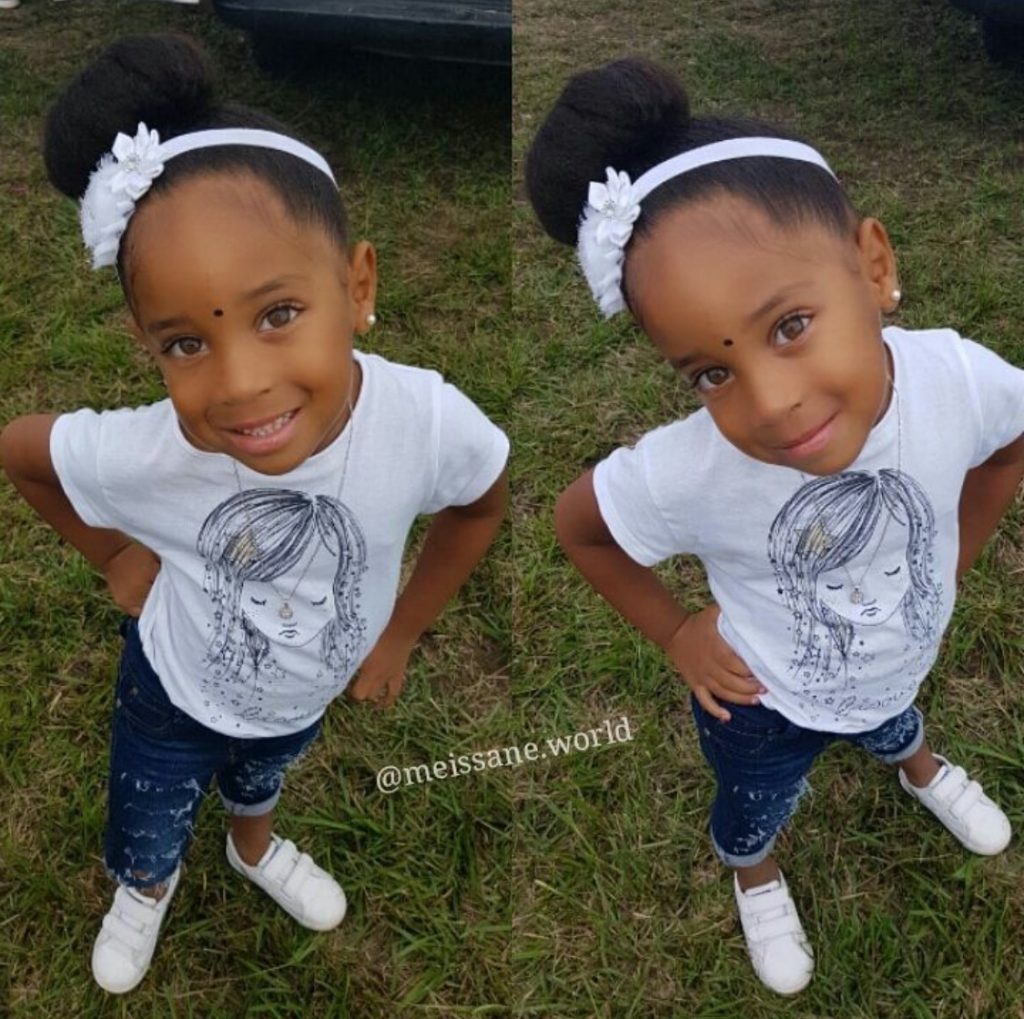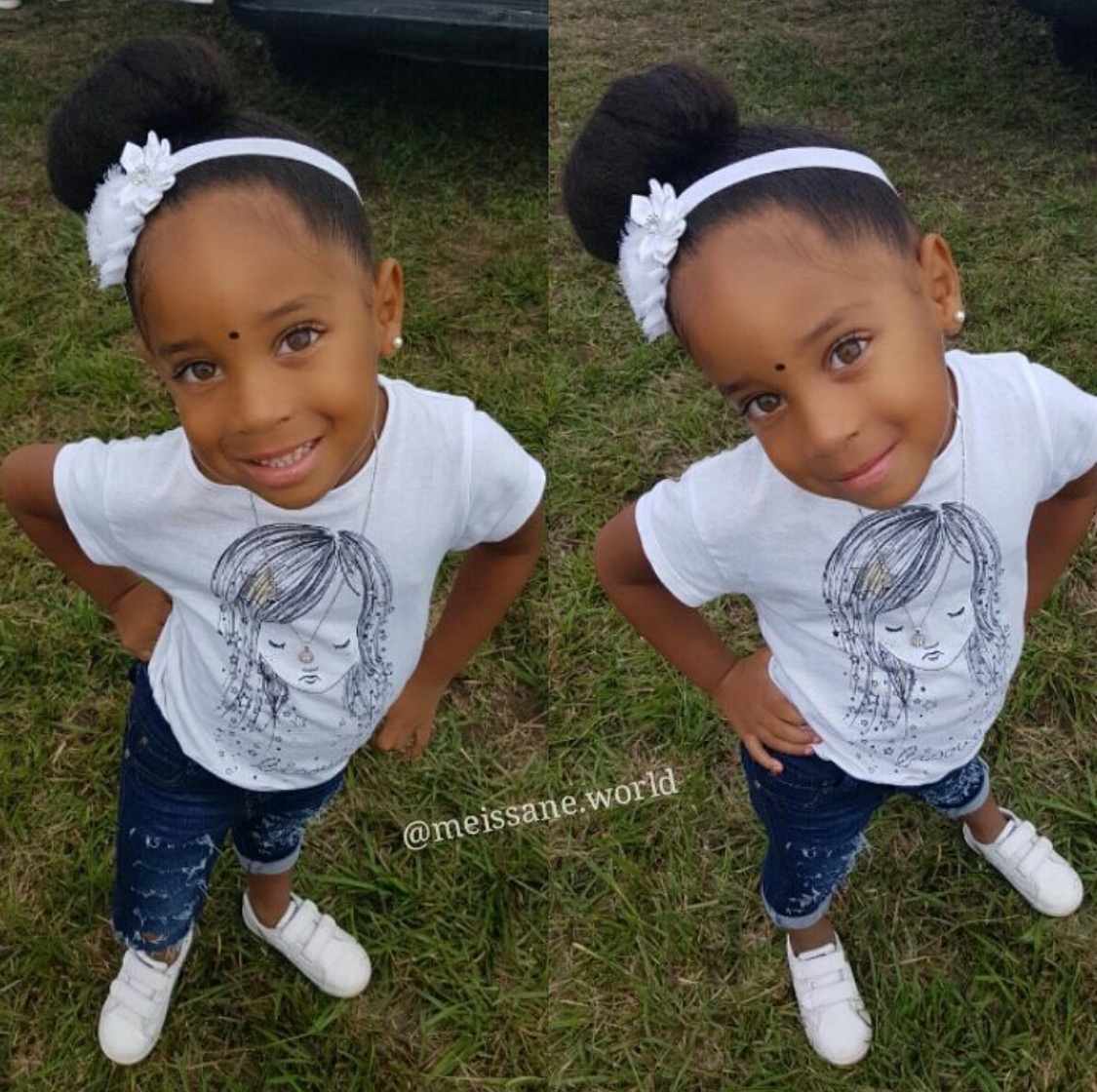
How to love unconditionally even when your Bambini is being difficult
So we’ve all heard parenting experts tell us that the one thing children need most to grow and thrive is unconditional love from their parents.
is easy to say that we love our children when they are being good.
Figuring out how to love unconditionally when kids are being really difficult is quite another.
I thought that I had mastered the art of teaching my children compassion, empathy and the love of family. I thought that unconditional love came easily for me.
But that was before I opened my home to my little four year old foster son, who came to me kicking, screaming and daring me to love him.
The first time I saw Frank, my new foster son, was at the Loxahatchee Feed Store. His former foster mother was dropping him off. He was too spirited of a child for her and her mother to take care of, she had explained to me over the phone. The agency had thought of me.
The little boy in front of me did not smile. He was a little bit of a boy, with curly black hair and large brown eyes. His skin was the color of milk chocolate. I had fallen in love with him the very minute that I laid eyes on him.
On the second day of my new foster son’s arrival I woke to the sound of screams. I ran to my living room. Frank had somehow broken my 16 year old son’s fish tank. Glass and dying, flopping fish were scattered across my floor. Ethan picked up the fish and ran to our canal in a futile attempt to save their lives
A few minutes later I found Frank heading down my drive way, his backpack and Spider man suitcase in tow.
“Where do you think you are going ,” I asked him.
“I know I’ve been bad. So I am going to walk down the road and look for a new family.”
“You are in trouble, yes”, I told him. “But you are not going anywhere. I love you when you are good and I love you when you are bad, just like Jesus loves me!”
The next day I sent Frank to his room for a short time out. In a matter of minutes Frank had emptied out the contents of an entire dresser and a bookcase into the hallway in front of his room.
Frank stood hands on his hips waiting for my reaction.
It was then that I knew that I needed a plan.
I made an inventory of things I wanted to see in him. He needed to understand that he was loveable before he could accept love. I needed to see self-control in him. I needed him to feel empathy and compassion.
I then realized that I would need another list of what Frank needed to see in me, such as being capable of disciplining him, while unconditionally loving him at the same time.
These lists gave me a better idea of what practical actions I could take. Here are five of the things that worked for me –
#1 Using books as a medium to express some of these values explicitly
I have always been a lover of books so I scoured the Internet and bookstores for books for myself and for Frank.
I found literature written by Barry Phillips, an author who writes about the subject of unconditional love in The Natural Child Projectvery helpful. Phillips says that “the key to a close knit family is unconditional love.”
Raising a child with unconditional love means that no fear is created in parent-child interactions. To love unconditionally simply means that parents accept their children completely and without restrictions or stipulations. There is no spoken or unspoken message causing the child to think he has to be something other than what he is in order to be loved. The need for unconditional love, he says begins at conception.
I found a few wonderful books for Frank that taught the concept of unconditional love as well.
These 4 are my favorites –
Love You Forever – by Robert Munsch
This is my favorite book. I read this book often to Frank, especially when he was kicking and screaming and not being likeable. The words “I’ll love you forever, I’ll like you for always” gave me patience and encouragement as I read and reread the story of a mother and son, and how the mother loved him when he was a quiet sweet little baby, and a not so quiet, teen with a potty mouth.
The Angel and the Wild Thing – by Michael Foreman
This is another book that both children and parents can identify with. Sometimes there is an angel in the house and sometimes a wild animal. But Foreman ends with “but most of the time we have a little boy in our house. These are the times we like best.”
Even If I Did Something Awful? – by Barbara Shook Hazen
In this book a little girl breaks her mother’s vase. She asks a series of questions in which her mother responds that she will always love her child, no matter what naughty things the child does.
Just In Case You Wonder – by Max Luxado
Here a parent tells a child how special she is, both to the parent and to God.
#2. adopting the mantra Parent from not to anger
Unconditional parenting book by Alfie Kohn was a great tool when I was too upset to think straight.
Once when Frank was five, he got a hold of the lit Yankee Candle I had in my kitchen and decided to see how my dining room table would burn.
I had to take a deep breath and count to twenty before I spoke.
Author, Alfie Kohn in his book, Unconditional Parenting: Moving from Rewards and Punishments to Love and Reason
, says that one basic need all children have, is to be loved unconditionally, to know that they will be accepted even if they screw up or fall short.
Repeat this mantra often, so you can act instead of react.
#3 Being intentional about taking “me” time
I realized that I could love unconditionally better if I loved myself first.
Self care could be defined as any intentional actions taken for your mental or physical health.
I made sure to carve out small spaces for my time. I indulged in a bath while reading a great book. I planned an exercise time for myselfeven if I had to wait till Frank was asleep.
These little chunks of “me” time helped me center myself, so I could love my sometimes difficult child unconditionally.
#4 Setting clear expectations and consequences
Having clear expectations and consequences already mapped out was very helpful.
We made up charts with chores, expected behaviors and rewards.
Super nanny, Sue Atkins, says that saying “well done” to your child is the best way to promote her good behavior. “Keeping a reward chart is an even better way to promote good behavior because it makes sure you both stop and recognize when she does things right, and gives her something to keep at.”
Atkins also says that when parents enforce discipline, children learn self-control.
#5 Putting age appropriate responsibilities on my child’s shoulders
I made a chart for Frank of age appropriate chores that I expected him to do.
Maria Montessori has a chart of “age appropriate chores for children.” I found these charts very helpful.
For example, two and three year olds can put toys in a box and stack books in a shelf. Four and five year olds could feed pets. This worked very well for Frank.
While he was not always happy to complete his chores, he was proud to have participated , once done.
Teaching and demonstrating unconditional love is not easy, especially when our children are being difficult. It was not easy for me and it is something I practice on a daily basis.
It has been 4 years since Frank came into our family. He was officially adopted into our family 2 years ago, Christmas. We’ve had our share of ups and downs for sure, but I know that our family is all the richer for having Frank in our lives.
Today Frank is a happy little boy, not perfect but one who knows full well that he is greatly loved on his good days and on his bad. There are some days now when my son informs me that he is angry with me. But now, more often than not, he quickly follows with, “but I still love you.”
The lessons our family learned about how to love unconditionally will stay with us forever.
The 2-Minute Action Plan for Fine Parents
It’s time for our quick contemplation questions. Ask yourself –
* What does “unconditional” love mean to you?
* Do your children feel loved even when they make mistakes?
* Do they come to you for help when they mess up, or do they try to hide their mistakes from you because they are afraid of your reaction?
* What is the one resolve you can make right now that will show your kids that they are loved unconditionally, even when they make mistakes?
The Ongoing Action Plan for Fine Parents
Make a quick inventory of what can help you parent from love, instead of anger.
Put together a list of books you can read together , movies that you can watch together or activities that you can do together during times of turmoil.
Adopt a mantra that you can fall back on for times when things are particularly bad – for instance, “this too shall pass!” or remembering to promise out loud, “I’ll love you forever, I’ll like you for always.” Another one might be, “My job is to teach, not punish”.
Figuring out how to love unconditionally when our blood is boiling and we are blind with rage can be deceptively difficult – some of these simple pre-commitments however go a long way.
By Deborah Stern ( this article is part of the close- knit family series)





